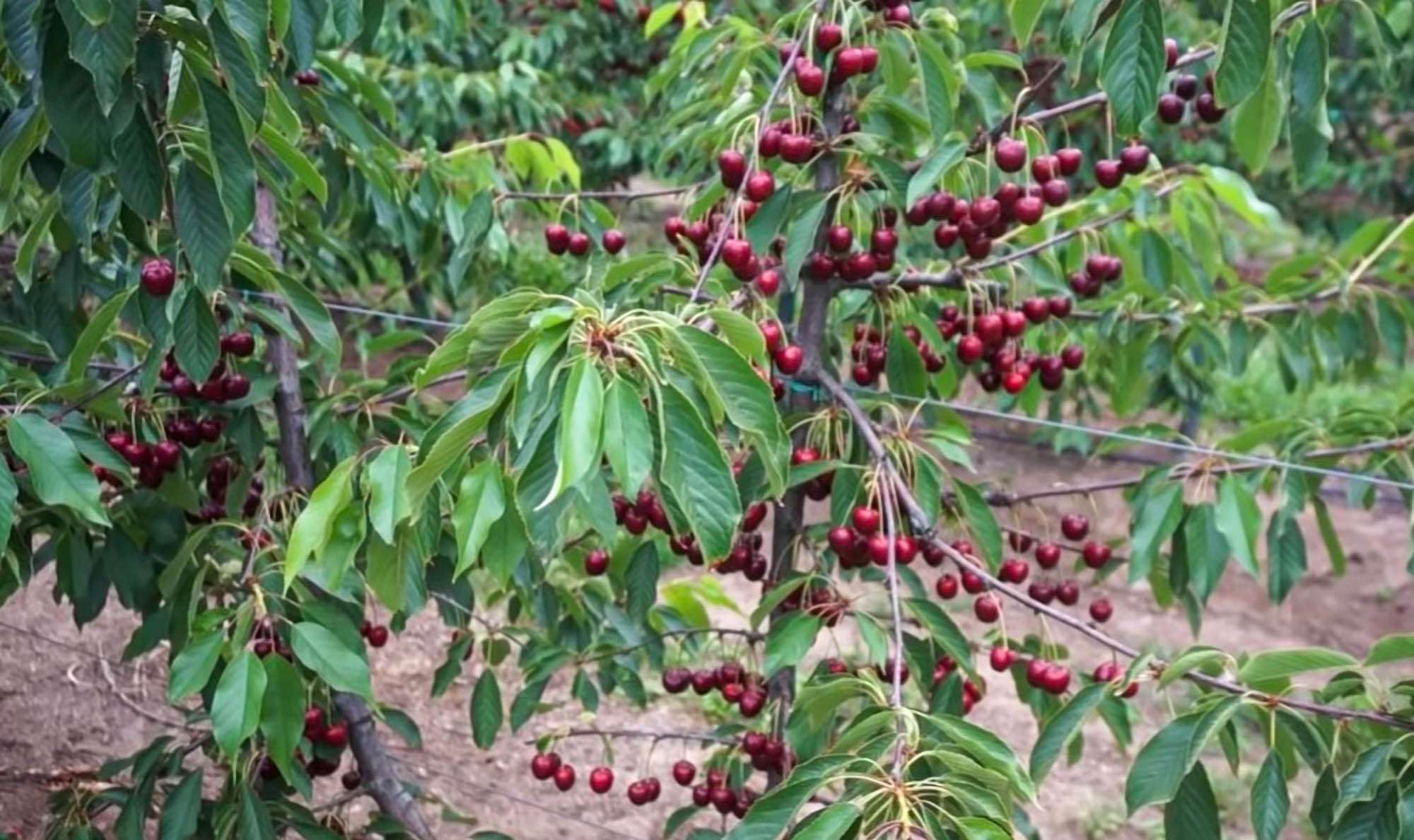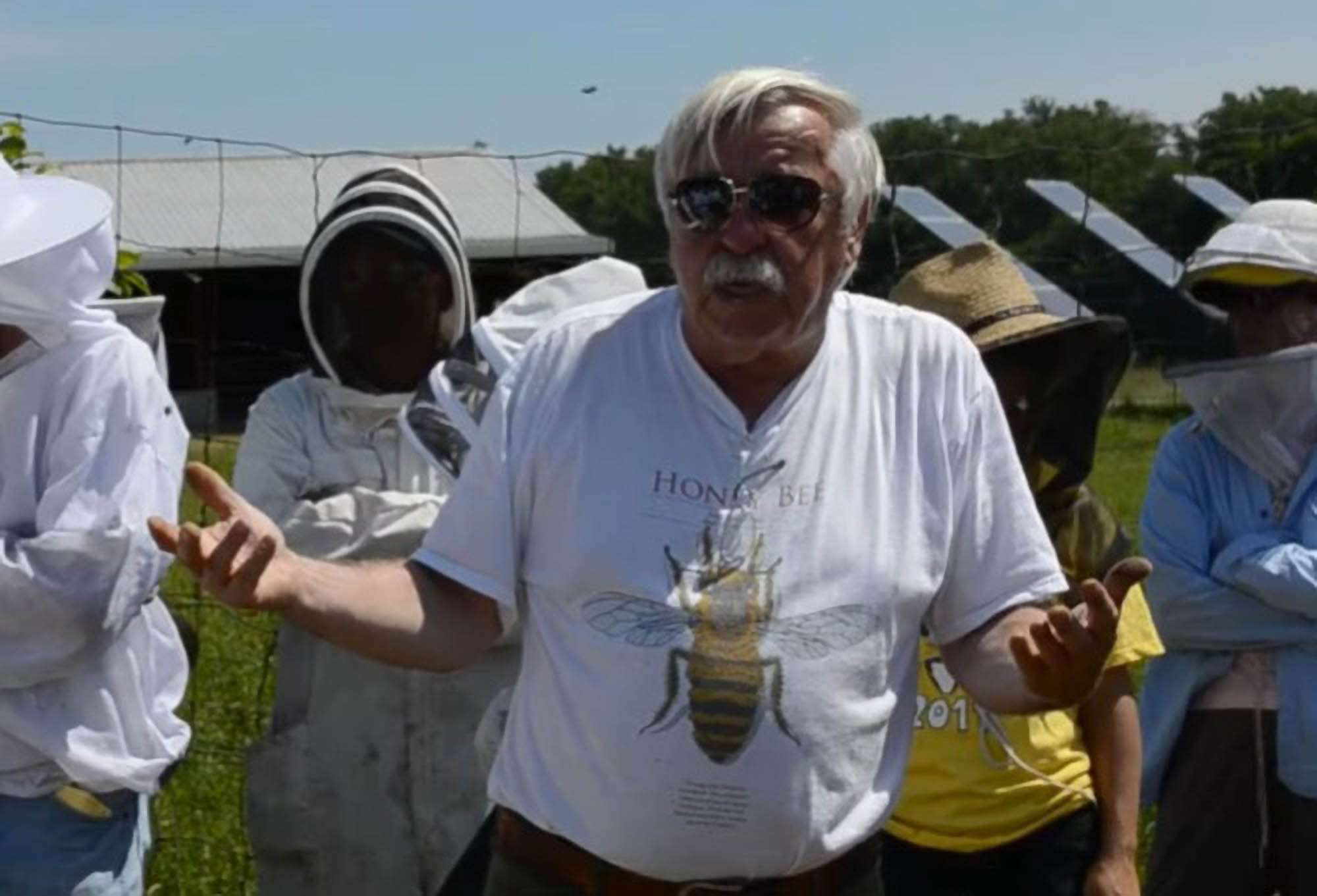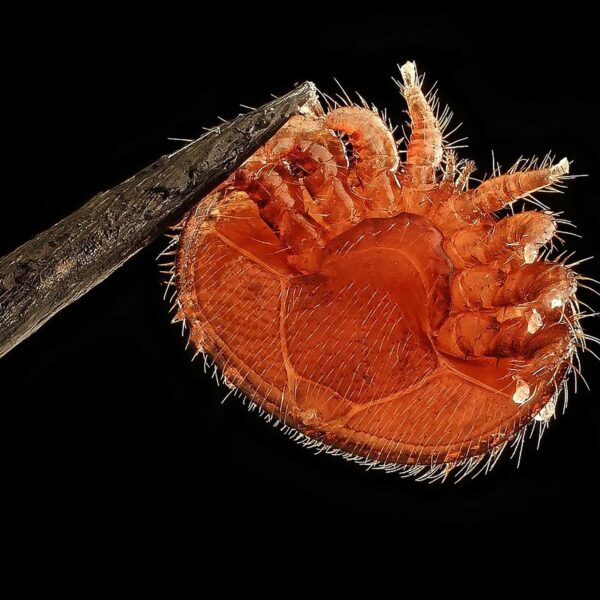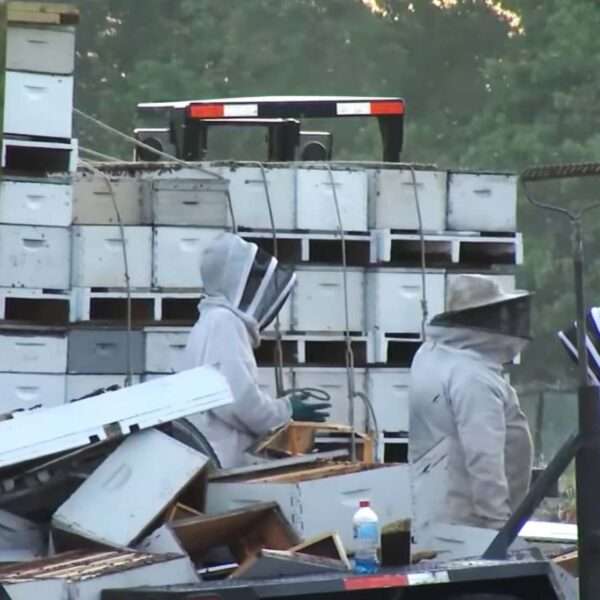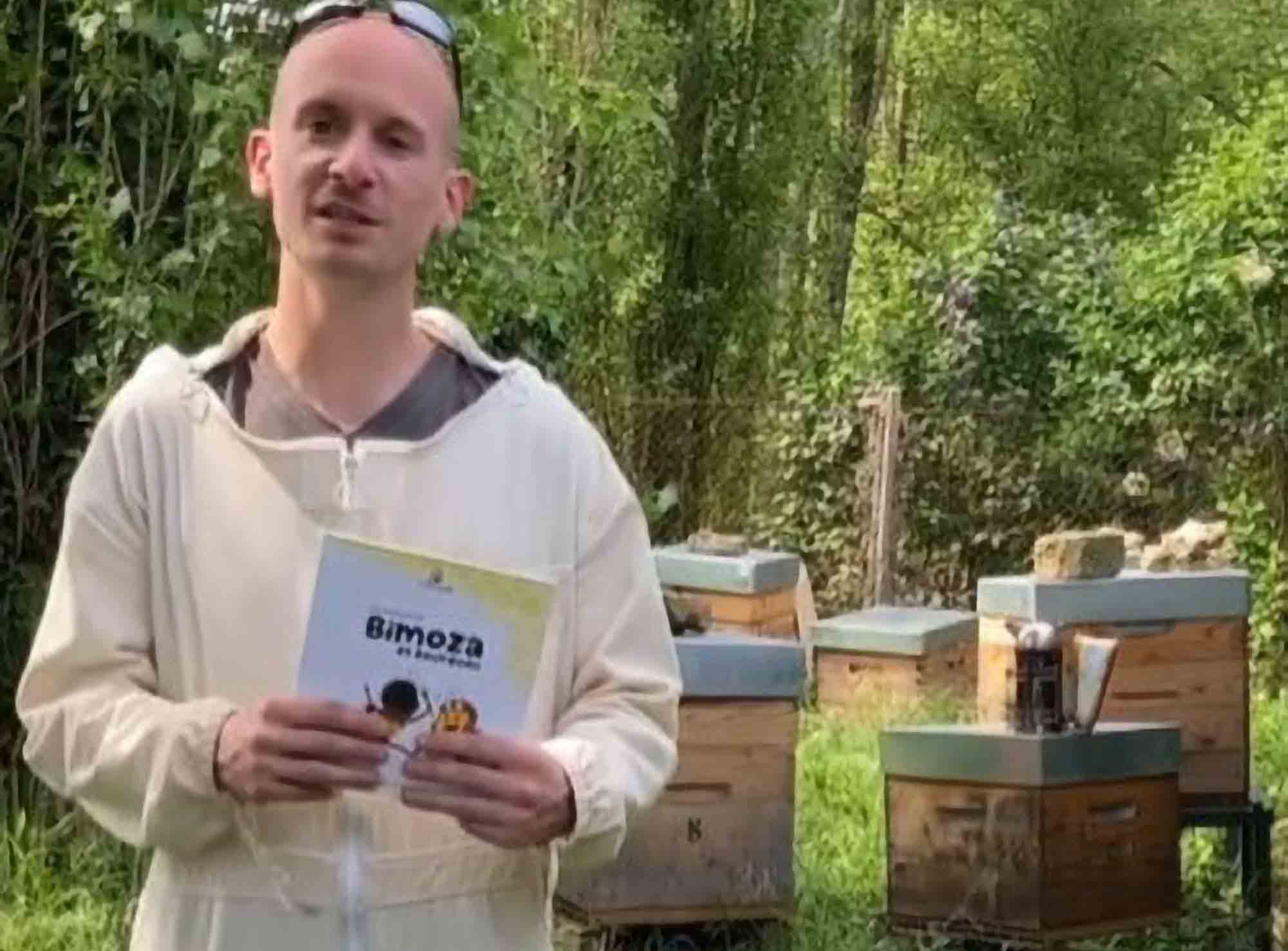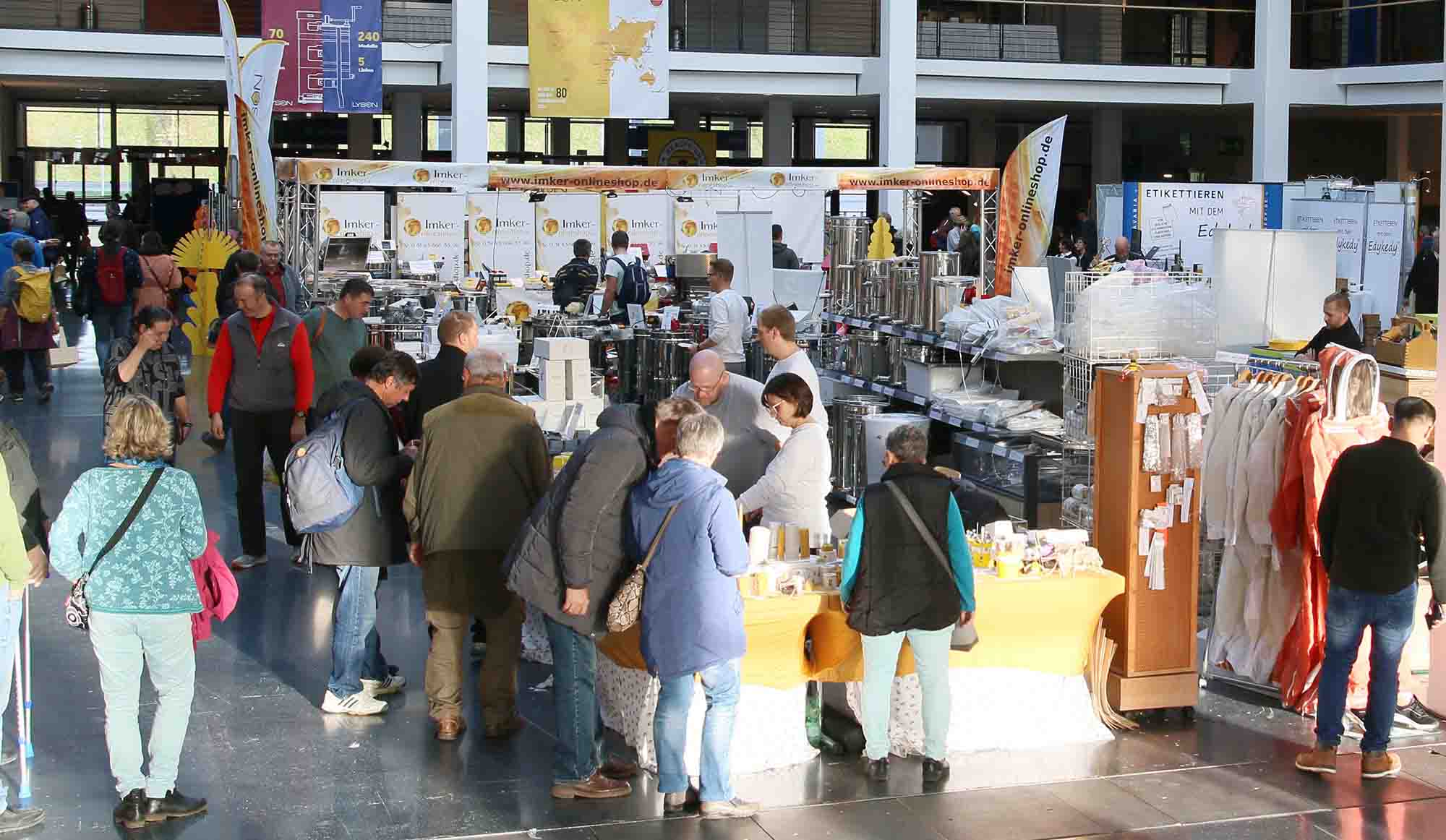Homeowners have been encouraged to plant stone fruit trees as such a measure would help to protect endangered bee species.
Adding saplings such as plums, cherries and apples to backyards can have an enormously positive impact on the local biodiversity, according to the German consumer information magazine Öko-Test.
According to Öko-Test, the German Wild Animal Foundation (Deutsche Wildtier Stiftung) also recommends berry plants and flowers such as crocus and scilla.
The foundation’s experts explain that especially bumblebee queens are in need of protein-rich pollen during spring.
Numerous bee species like alkali bees and carpenter bees do not produce honey. However, they are of great importance to balanced ecosystems. There are between 20,000 to 30,000 solitary bee species in the world of which many are endangered.
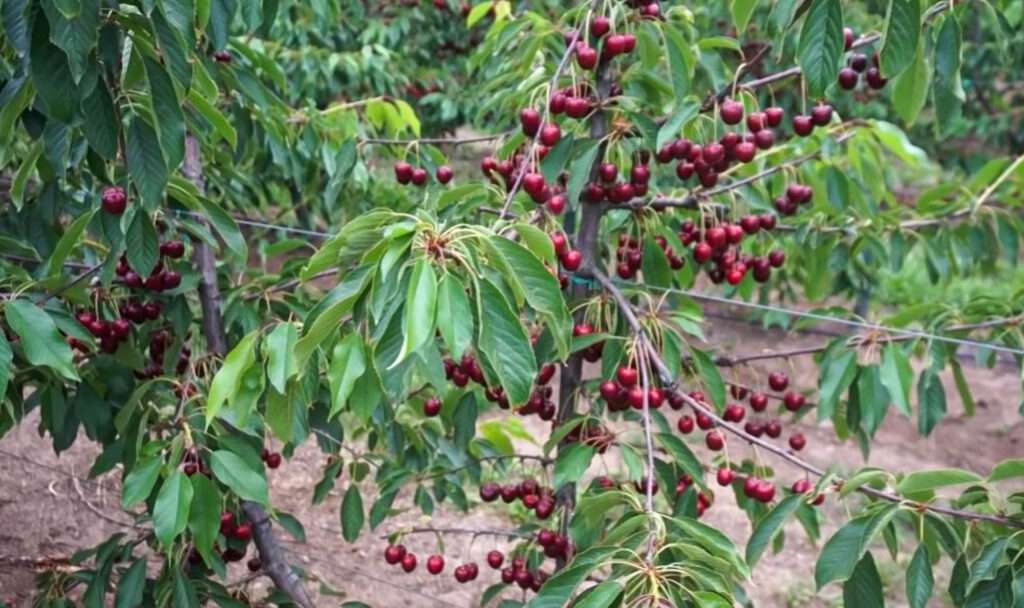
Germany is currently home to more than 500 different types of bees.
Öko-Test identifies the application of pesticides, the mowing of blooming meadows and climate change as the driving forces behind the demise of bumblebee species.
Experts from NABU, a German environmentalist organisation, told the magazine that adding flowering plants like winter aconite, iris and pulmonaria would turn every backyard into a bumblebee-friendly garden.
Speaking about so-called early bloomers like snowdrops and the spring snowflake, Matthias Staab from BUND‘s Bavarian branch explained: “The right time to plant early bloomers is autumn. It’s important to do it before soil frost sets in.”
He added: “Various insects such as bumblebees, mason bees and sand bees are active as early as February or March. For them, early bloomers are an essential source of nutrition in the new year.”
Matthias revealed: “Early bloomers actually need the ground frost to sprout.”
Meanwhile, Utopia – a magazine focusing on ecological sustainability – underlined the significance of deadwood. Utopia pointed out solitary bees were finding ideal opportunities to nest in that type of timber.

